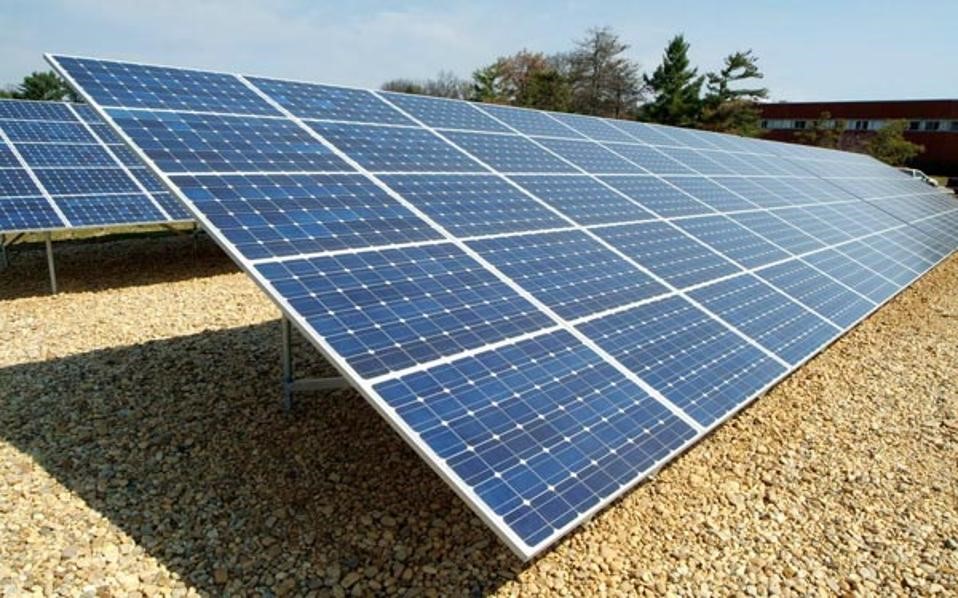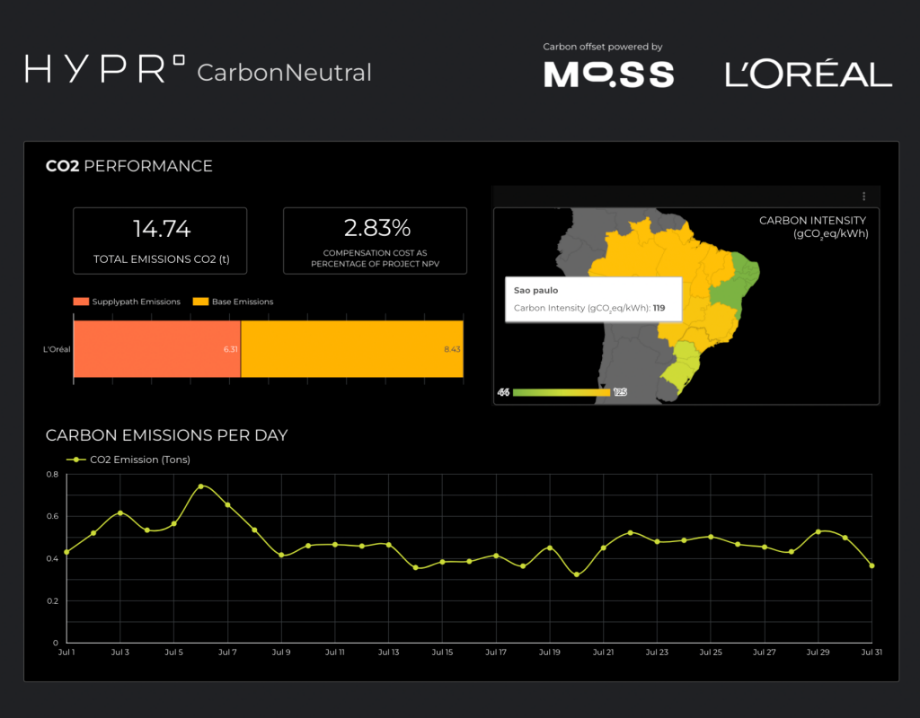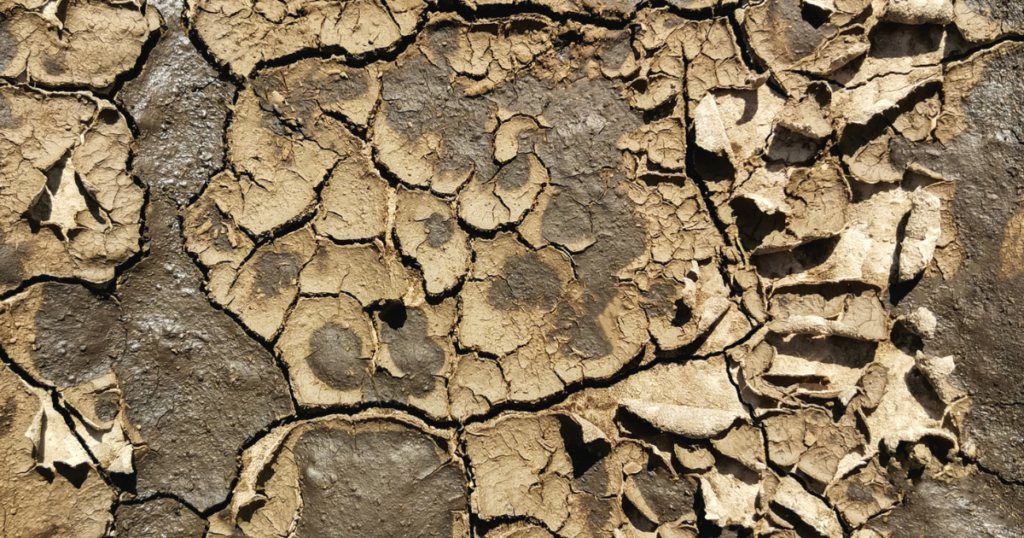Romania’s national strategy on climate change includes reducing greenhouse gas emissions and increasing the natural capacity to absorb CO2 from the atmosphere, institutional cooperation, updating climate scenarios, supporting research activities in the field of climate change and the creation of a national database on climate change, estimating the costs of climate change for each priority sector, elaboration of the National Adaptation Agenda on the Effects of Climate Change and its integration into existing and future politics, developing and implementing a campaign for raising awareness of all actors involved, especially on populations, monitoring the process of adapting to the effects of climate change, sectorial adaptation actions (industry, agriculture, fishing, tourism, public health, education, constructions and infrastructure, transportation, forest, water, biodiversity, energy etc.).
http://www.mmediu.ro/app/webroot/uploads/files/SNASC_SEA_2022.pdf
The President of Romania decided to set up a working group on “Combating climate change: an integrated approach” at the level of the Presidential Administration. This initiative is part of President Klaus Iohannis’ commitment to get involved in the national effort to combat climate change and strengthen policies in this area.
https://www.presidency.ro/ro/angajamente/clima-si-sustenabilitate
Romania supports global cooperation for climate change management and the implementation of the 2030 Agenda for Sustainable Development, the Paris Climate Change Agreement and the United Nations Framework Convention on Climate Change (UNFCCC).
ISJI implemented the project in eleven schools (5 colleges, 5 high schools, 1 vocational school). In the first phase, the schools for the consortium were selected. In September 2022, one teacher from each partner school will attend a project training course. They, in turn, will train students and other teachers about the topic of the project and how to use the materials produced by each partner countries.
Good DEEDs Project aims to “reduction of the environmental footprint of digital with a specific focus on their teaching in a professional context that will become increasingly characterized by the ubiquity of sensor systems of the so-called Internet of Things and related data analysis systems based on machine learning.”
In this project, we mainly focus on various concepts such as digitalization and sustainability on energy systems, digital footprint, and energy efficiency to provide information and educational material to teachers and students.



